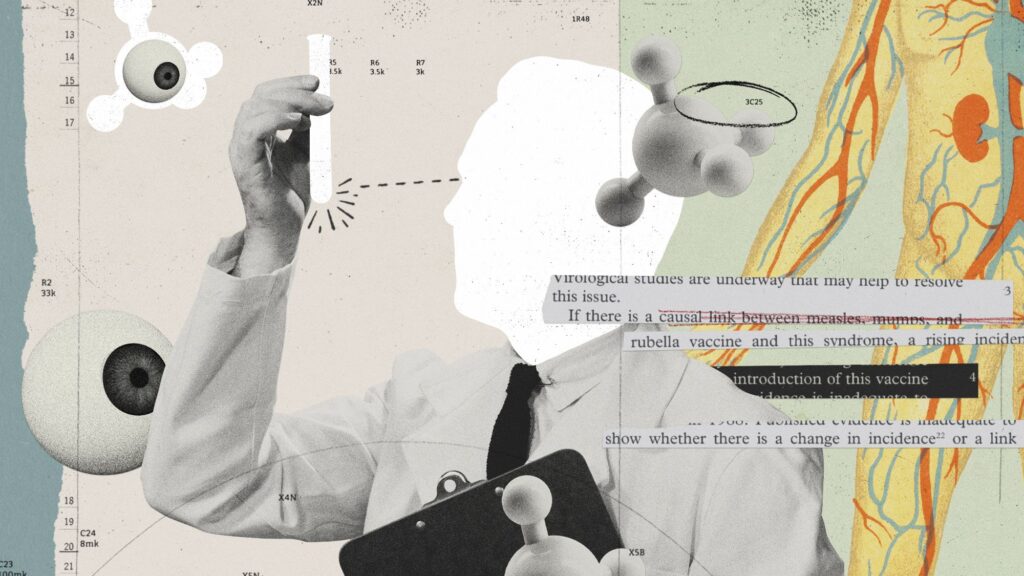Following the Covid-19 pandemic, public trust in science significantly declined and has yet to recover. This loss of trust has facilitated the rise of various anti-science ideologies, including anti-vaccine beliefs, enthusiasm for raw milk, and opposition to fluoride in drinking water, coinciding with emerging political dynamics. The rapid development of mRNA vaccines, praised as a monumental achievement, did not translate into widespread vaccine acceptance, as over 50 million Americans opted out.
Complicating this situation was the frequent change in pandemic-related policies, which led to confusion and politicization of scientific claims. Consequently, many people began to conflate scientific guidance with political agendas, undermining confidence in both science and government.
The distrust has profound societal impacts. While a majority express some confidence in scientists, nearly half believe they should remain apolitical. This disparity creates a divide wherein personal skepticism is often dismissed as irrational, despite the notion that community trust can be rational at times.
Additionally, social media has amplified misinformation and anti-science sentiments, correlating with the rise of authoritarianism. Figures like Robert F. Kennedy Jr. have emerged, promoting a mix of scientifically supported and debunked health ideas, highlighting the complex landscape of contemporary public health discourse.



